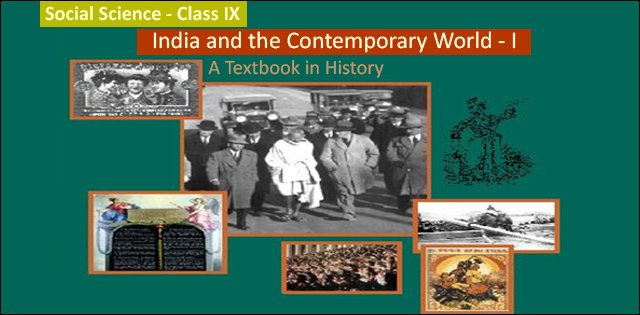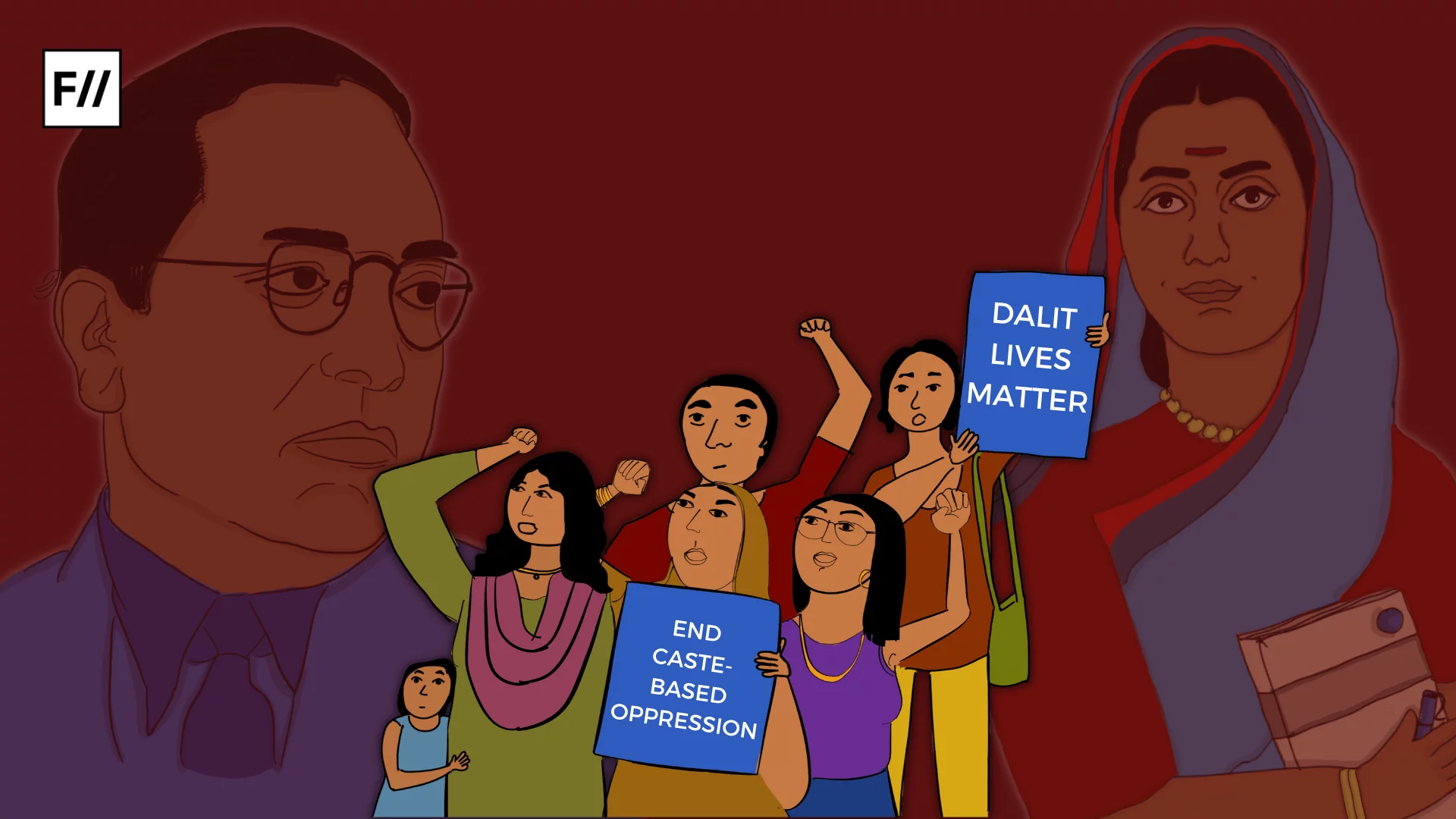“The past becomes our present and thereby part of our future” – Gerda Lerner
Last month, the NCERT made a controversial decision to remove three chapters from the grade IX history textbooks. The concerned chapters dealt with clothing, sports and farmers, and in some instances, connected these themes to the politics of caste and gender. The move to slash over 70 pages from the existing textbooks comes as part of the second textbook review, and HRD Minister Prakash Javedkar claims that it will reduce academic burden and workload for students. While the explicit rationale is to help students by minimising workload, it is important to ask whose histories are being erased in the name of textbook revision. What does this really mean for a feminist gaze into history, for students and for our contemporary times?
A Move Away from Feminist Histories
The soon to be removed chapter on clothing (Clothing: A Social History) talks about the ‘Upper Cloth Revolt’ which took place in Travancore in
While the explicit rationale is to help students by minimising workload, it is important to ask whose histories are being erased in the name of textbook revision.
Much of mainstream written history is limited to a ‘Great Man’s Theory’ of history which gives importance to empires, kings or leaders. It focuses on the achievements of individual powerful figures, who are almost always men, and then credits these men for shaping and advancing history. But history is about much more than the stories of singular men, it is about people as a whole. Writing about clothing, the protests of marginalised people, and women’s demands for bodily autonomy was a move away from a patriarchal and upper-caste writing of history. The new decision to erase these chapters backpedals on the possibilities for a textbook history that is attentive to social justice. It assumes that histories about clothing, people’s movements or sports are the ‘trivial’ aspects of history, and that sections on nations, empires and kings are more important.
Also read: Kerala’s Casteist Breast Tax And The Story Of Nangeli
Writing history is as much about the present as it is about the past. The Shanar or Upper-Cloth revolt is not disconnected from the present day scenario, where people from marginalised communities are attacked for doing things that are considered exclusive to upper-castes—including simply riding a motorcycle, attending a
A Move that Limits Students
The chapters that are being removed today were conceived of in 2005 by a diverse group of historians and educators, under the leadership of Krishna Kumar. These textbooks moved away from grand narratives about nations and empires, and instead pushed for plurality and ‘everyday’ histories. The chapter on sports for instance, (History & Sports: The Story on Cricket) talked about the colonial roots of the sports and mentions how Palwankar Baloo, a Dalit bowler was excluded from a tournament due to his caste identity.
Such historical accounts were an excellent opportunity for students to understand the politics of everyday things like clothing or leisure. Recognising the politics in the personal and everyday life is something that feminists have long advocated for. When such accounts are removed from history textbooks, it denies students an entry point into seeing how the personal has always been political.
By biasing history towards those in power, we fail to amplify stories about resistance that are still relevant to our times.
Feminist historian Gerda Lerner has written about the importance of having multiple histories. According to her, history writing and reading is a process of storytelling and self-representation, which at its core, has to be empathetic.
Also read: Exceptional Women: The Erasure Of Women From Public And Private Memory
The other chapter called Peasants & Farmers described the changing lives of farmers when modern machinery was introduced, and shed light on financial struggles. In light of the recent farmer’s march, and nationwide agricultural distress, these are crucial moments in history for students to access and understand. To cut out
In Today’s Time
The move to remove crucial chapters from NCERT textbooks comes at a moment when history textbooks are already becoming saffronised. Sections on Mughal history were erased and historical events have been blatantly falsified in school textbooks in the recent months. This is detrimental not just to history as a subject, but also for the present times. A healthy historical imagination has the capacity to strengthen contemporary movements for social justice, especially if our sense of history is marked by diversity and voices of dissent. In this light, it becomes more urgent that marginal voices are not erased from history. What is needed is to instead retrieve and create new layered and plural histories, which can speak to our times with clarity and a desire for a more equal world.
Also read: Writing Our Own Histories – Why We Need Dalit History Month
References
1. Why History Matters by Gerda Lerner
2. Teaching History in Schools: The Politics of Textbooks in India by Neeladri Bhattacharya
Featured Image Source: Jagran Josh
About the author(s)
Anagha is pursuing her MA in Media & Culture from TISS Mumbai.





Dear mam, I appreciate your research work but I tend to disagree with you..I am a upsc Aspirant and have read these books many times.. The omitted chapters might include some content which should not have been skipped but still go through the books of class 10 and 7 8 also. I am sure u won’t find any relevant content missing…anyways ncert history books are kind of biased. They don’t talk about all aspects even of independence struggle…let alone the role of women in independence… That is anyways deep buried somewhere inside the book.